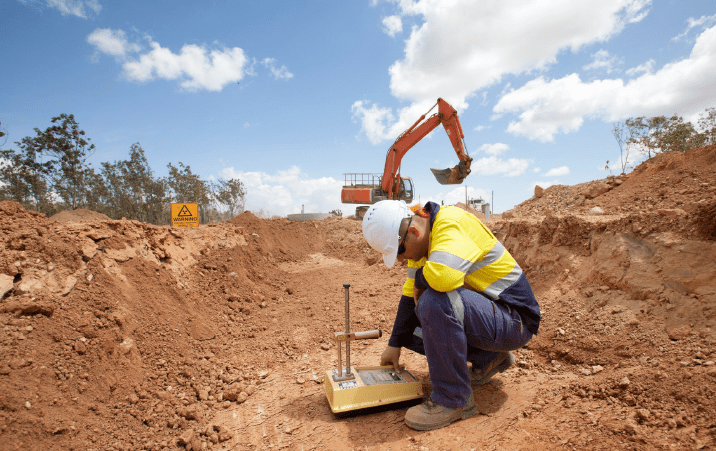Unearthing the Secrets Beneath Our Feet: An Introduction to Soil Mechanics
October 26, 2023 2023-10-26 15:17
Unearthing the Secrets Beneath Our Feet: An Introduction to Soil Mechanics
The ground beneath our feet may seem stable and unchanging, but it is a dynamic and complex world filled with mysteries waiting to be unraveled. Soil, the unsung hero of the Earth’s surface, plays a vital role in the foundation of our lives. Understanding the principles of soil mechanics is crucial, not only for construction engineers and geologists but for anyone curious about the intricate world hidden beneath the surface. In this article, we embark on a journey into the fascinating realm of soil mechanics, where soil is not just dirt, but a dynamic, living entity.
The Foundation of Soil Mechanics
Soil mechanics is a branch of geotechnical engineering that explores the behavior of soil under various conditions. It delves into the properties, composition, and interactions of soil, helping us comprehend how it behaves under the weight of structures, the forces of nature, and even the secrets of our Earth’s history.
Understanding Soil Composition
The foundation of soil mechanics begins with understanding soil composition. Soil is a complex mixture of minerals, organic matter, water, and air. Its properties vary widely depending on factors such as location, climate, and geological history. This diversity is what makes the study of soil mechanics so intriguing.
Classification of Soils
Soils come in a range of types, from sandy soils with large particles to clayey soils with fine particles. These differences impact the soil’s ability to bear loads, retain water, and support plant life. Soil engineers use classification systems, such as the Unified Soil Classification System (USCS), to categorize soils based on their particle sizes and properties.
Key Concepts in Soil Mechanics
To grasp soil mechanics, one must familiarize themselves with key concepts:
- Soil Properties: Soil has physical and mechanical properties, including cohesion, friction, density, and porosity, which influence its behavior under stress.
- Stress and Strain: Soil experiences stress when subjected to external forces, leading to deformation or strain. Understanding how soil reacts to these forces is essential for construction and stability analysis.
- Consolidation: Soil can settle or consolidate under load, a phenomenon crucial to building safe and durable foundations.
- Shear Strength: Shear strength measures a soil’s resistance to sliding along internal surfaces. Engineers use this concept to design slopes and foundations that can withstand the forces acting upon them.
- Permeability: Soil permeability determines its ability to transmit fluids, like water. This is a critical factor in drainage and groundwater control.
Applications of Soil Mechanics
Soil mechanics is not confined to the construction industry. Its applications extend to diverse fields:
- Civil Engineering: Engineers use soil mechanics to design foundations, retaining walls, and tunnels, ensuring structures remain stable and safe.
- Environmental Science: Understanding soil properties is essential for managing soil erosion, contamination, and soil-related environmental issues.
- Agriculture: Soil mechanics plays a vital role in optimizing crop growth and managing irrigation systems.
- Geology: Soil mechanics contributes to our understanding of geological processes, including landslides, earthquakes, and the formation of natural landscapes.
Exploring the World Beneath Us
To truly appreciate the wonders of soil mechanics, we invite you to explore the following video: Unearth the Secrets of Soil Mechanics. This captivating video provides a visual journey into the fascinating world of soil mechanics, offering insights into its principles and real-world applications.
In conclusion, soil mechanics is not just a scientific discipline; it’s a gateway to understanding the foundation of our planet’s infrastructure and ecosystems. By delving into the complexities of soil composition, classification, and behavior, we gain a deeper appreciation for the dynamic world that lies beneath our feet. So, whether you’re a budding geotechnical engineer or simply a curious soul, soil mechanics offers a wealth of knowledge waiting to be unearthed.
Related Posts
Unearthing the Secrets Beneath Our Feet: An Introduction to Soil Mechanics
October 26, 2023 2023-10-26 15:17Popular Tags




















